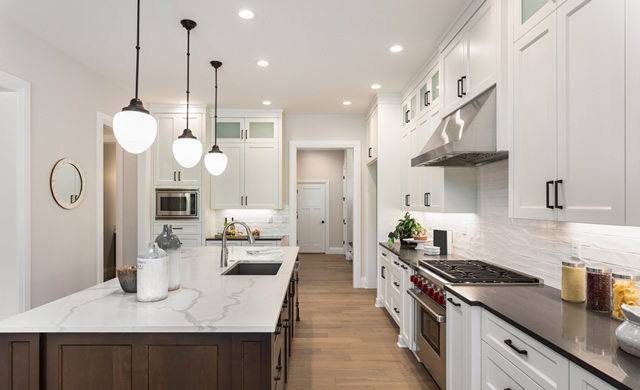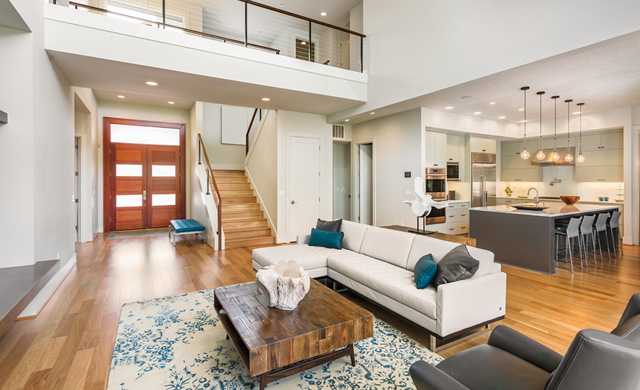What to Consider When Buying a Multigenerational Home
Texas REALTORS Staff2022-08-30T00:21:54-05:00Rising real estate costs can make buying a home with extended family a convenient and practical choice. Here are some questions to consider while searching for a multigenerational home. What Floor Plan Works Best? Besides deciding how many bedrooms and bathrooms are needed, determine what layout suits your family’s lifestyle. For example, is mobility a concern for aging parents? That might affect the location of the bedrooms or whether you choose a one-story house. Will There be Enough Privacy? While gathering is part of the draw of a multigenerational home, open floor plans and bigger shared areas—like the kitchen or family room—may result in fewer or smaller bedrooms. Are you open to some remodeling to create additional private spaces? Where Will Everything Go? More family members mean more stuff. Determine if you will need a storage unit or to use your garage. Depending on the number of cars, you may need to look for a home with a long driveway. Keep in mind that some homeowners associations do not allow street parking. One Buyer or Two? Every family needs to discuss ahead of time how to finance the home, the arrangement of the mortgage, and how other expenses will be handled. Don’t let the challenge of trying to accommodate everyone’s needs overwhelm you. Reach out to a REALTOR® to help you find the home that best fits your family.



